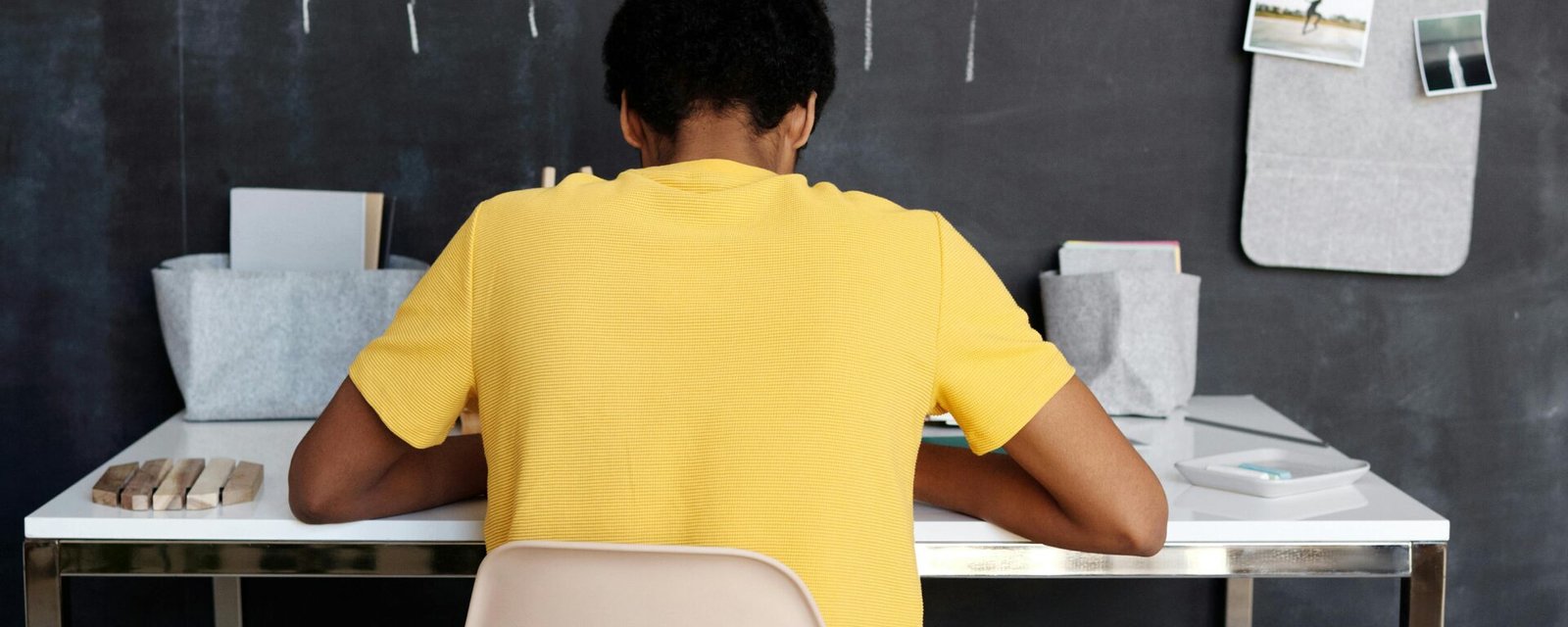Learn German A2: Reflexive Pronouns (Dative) Lesson 7. We’ve learned that we use reflexive pronouns with reflexive verbs. Reflexive verbs express an action affecting the person doing it. We saw that the reflexive pronoun we use depends on the person doing the action.
Learn German A2: Reflexive Pronouns (Accusative) Lesson 5
And we learned how to use reflexive pronouns in the accusative case. Look at the sentences containing reflexive pronouns below.
| Ich wasche mich. I wash (myself). |
| Du wäschst dich. You wash (yourself). |
Table of Contents
Difference between Dative & Accusative Reflexive Pronouns
We can actually use reflexive pronouns with more than just reflexive verbs. In a sentence, reflexive pronouns can be direct or indirect objects.
When they are direct objects they are in the accusative case; when they are indirect objects they are in the dative case.
Have a look at the example below to see a reflexive pronoun (in bold) in both cases:
| Accusative: Ich wasche mich. (I wash myself.) |
| Dative: Ich wasche mir die Haare. (Literally: I wash myself the hair.) |
Mark on the reflexive pronouns in each sentence.
1): Ich rasiere mich. – I am shaving.
2): Schminken wir uns? – Do we wear makeup?
3): Er beeilt sich. – He hurries.
Table of Reflexive Pronouns for Dative & Accusative Cases
Here’s a tip!
You can see the reflexive pronouns in the accusative and dative case in the table below. Apart from the “ich” and “du” forms, the reflexive pronouns are the same in both cases.
| PERSONALPRONOMEN | AKKUSATIV | DATIV |
| ich | mich | mir |
| du | dich | dir |
| er/sie/es | sich | sich |
| wir | uns | uns |
| ihr | euch | euch |
Which reflexive pronouns are different in the dative case?
“ich” and “du” forms
Highlight the reflexive pronouns in the dative case in following examples:
1): Ich kaufe mir einen Apfel. – I buy myself an apple.
2): Wäschst du dir morgens die Haare? – Do you wash your hair in the morning?
Point to remember for Dative Reflexive Pronoun
Here’s a tip!
Remember: the indirect object is the person or thing that “receives” the result of the action. As an indirect object, a dative reflexive pronoun does not have to correspond with the person or thing doing the action. It simply shows the recipient of the action.
In the example below you can see that the reflexive pronoun (in bold) is the indirect object; hence in the dative case.
| Ich putze mir die Zähne. (I’m brushing my teeth.) |
| Er gibt dir ein Stück Schokolade. (He’s giving you a piece of chocolate.) |
| Wir kaufen uns neue Schuhe. (We’re buying ourselves some new shoes.) |
More examples with Dative Reflexive Pronouns
So, in the following examples, we have highlighted all the dative reflexive pronouns.
Ich kaufe dir ein Buch. – I’m buying you a book.
Die Geschwister geben dir Geld. – Your siblings give you money.
Meine Tochter wäscht sich die Haare. – My daughter is washing her hair.
Die Frau gibt mir einen Kaffee. – The woman gives me a coffee.
Das Mädchen öffnet mir die Tür. – The girl opens the door for me.
Du gibst mir einen Pullover. – You’re giving me a jumper.
Wir putzen uns die Zähne und er wäscht sich die Haare. – We brush our teeth and he washes his hair.
Er gibt mir seine Jacke. – He’s giving me his coat.
Ich kaufe mir ein neues Fahrrad. – I’m buying myself a new bike.
Der Vater liest euch gern vor. – Your father likes to read to you.
Die Frau putzt sich die Zähne. – The woman is brushing her teeth.
Mein Bruder gibt uns ein Eis. – My brother is giving us an ice cream.
Dein kleiner Bruder schenkt dir eine Blume. – Your little brother gives you a flower.
What you should remember for Reflexive Pronouns?
Here’s a tip!
What we need to remember:
| Reflexive pronouns are either the direct or indirect object of a sentence. |
| When a reflexive pronoun is the indirect object of a sentence, it’s in the dative case. |
| The reflexive pronoun in the dative case shows us the recipient of an action. |
German A2: Most Common 25 Verbs in German Lesson 1
Gute Arbeit! (Great job!) Now you can make sentences by using Dative Reflexive Pronouns.
Write your questions about ” Learn German A2: Reflexive Pronouns (Dative) Lesson 7” and we will reply you.
Meanwhile, If you need further support or individual guidance to learn German, you can contact here. You can also write your inquiries for one o one online classes on Whatsapp +92332-4888544 or email at Bashirfarrukh989@gmail.com.
So, Don’t forget to subscribe our blog by entering your email. Because, It really motivates us.
